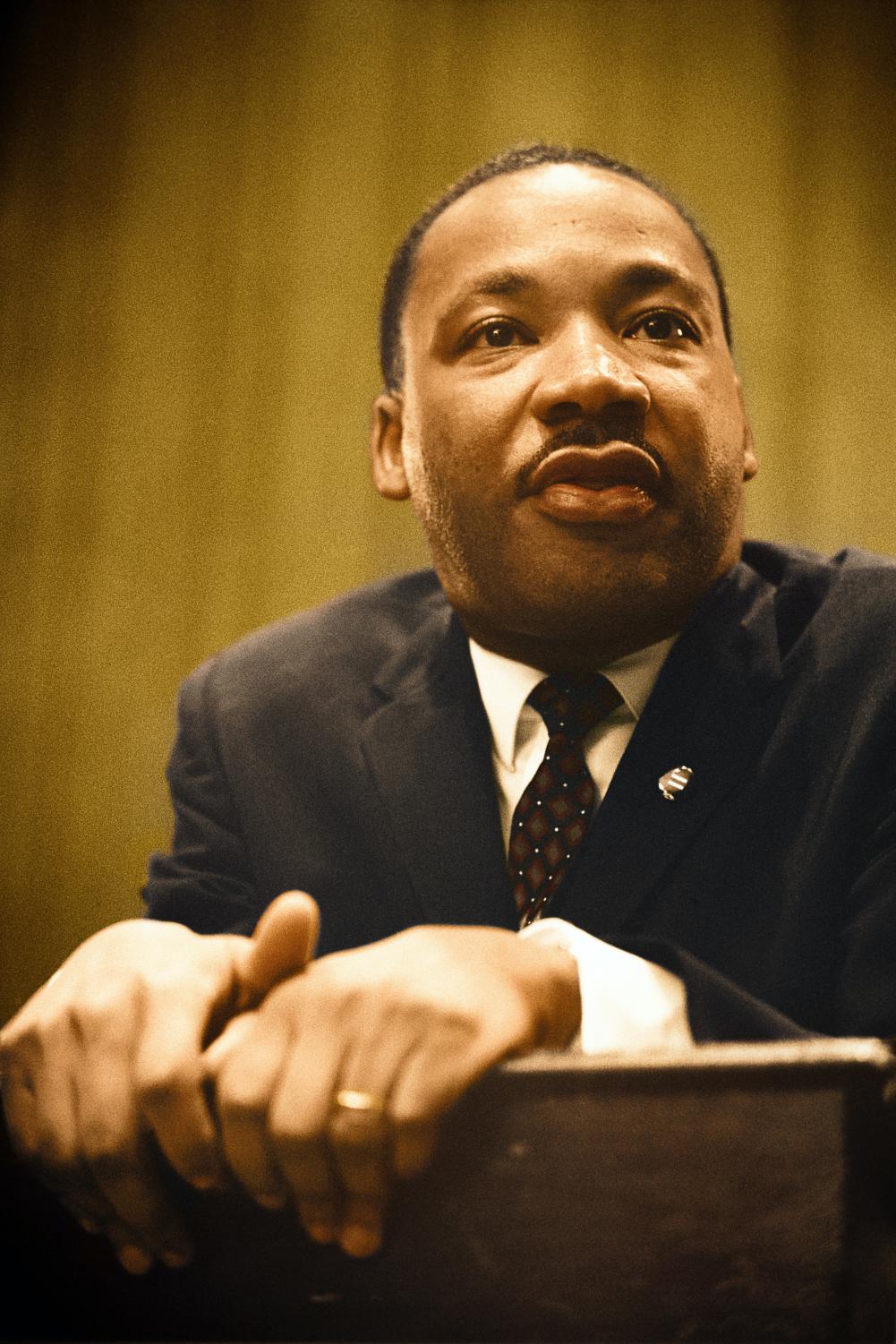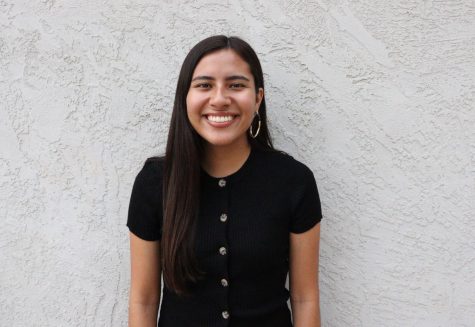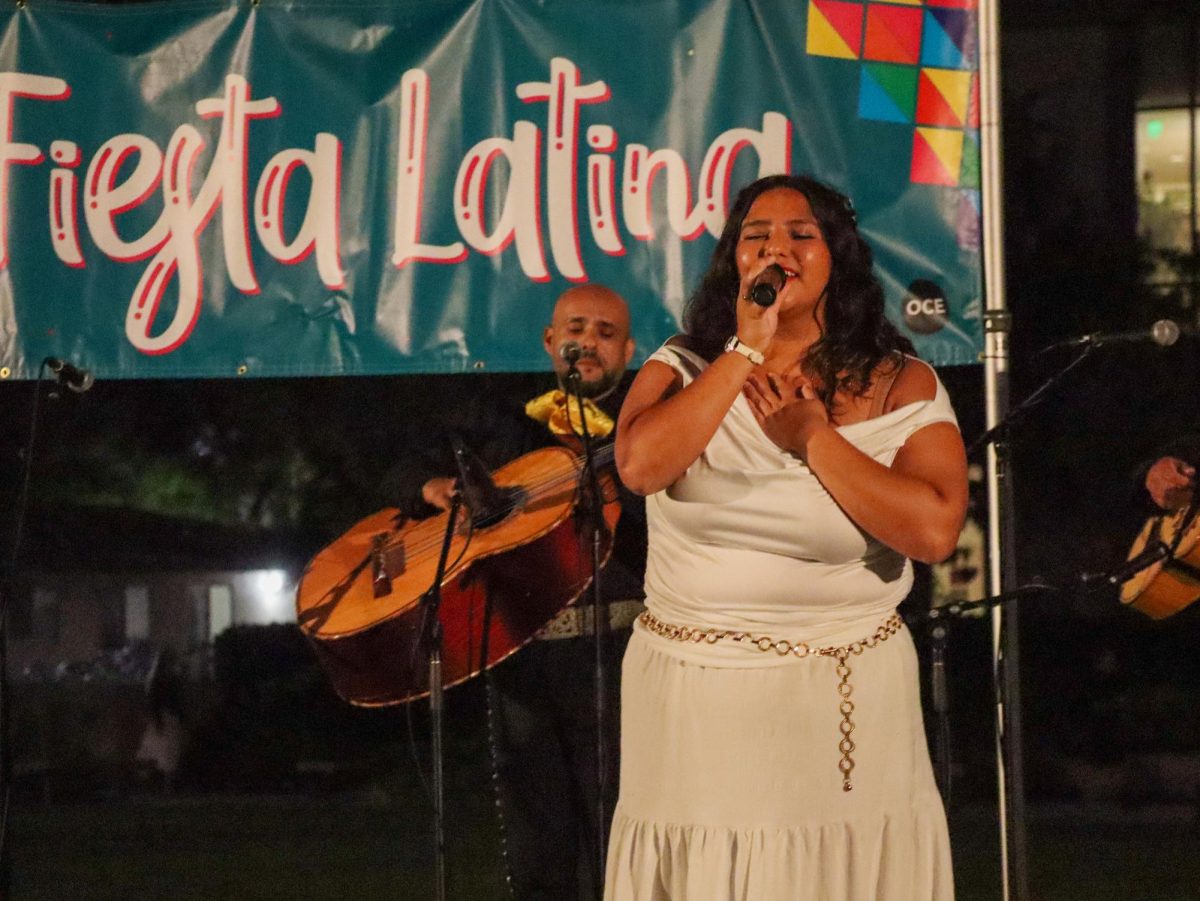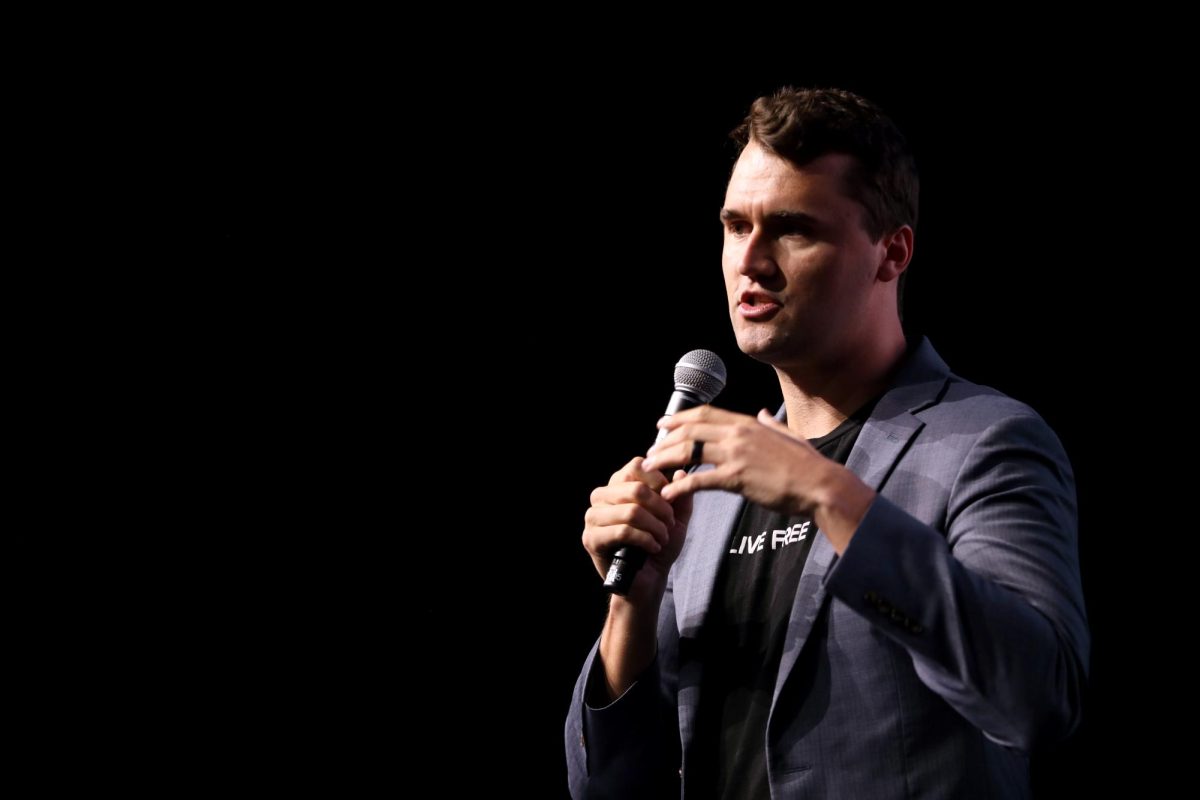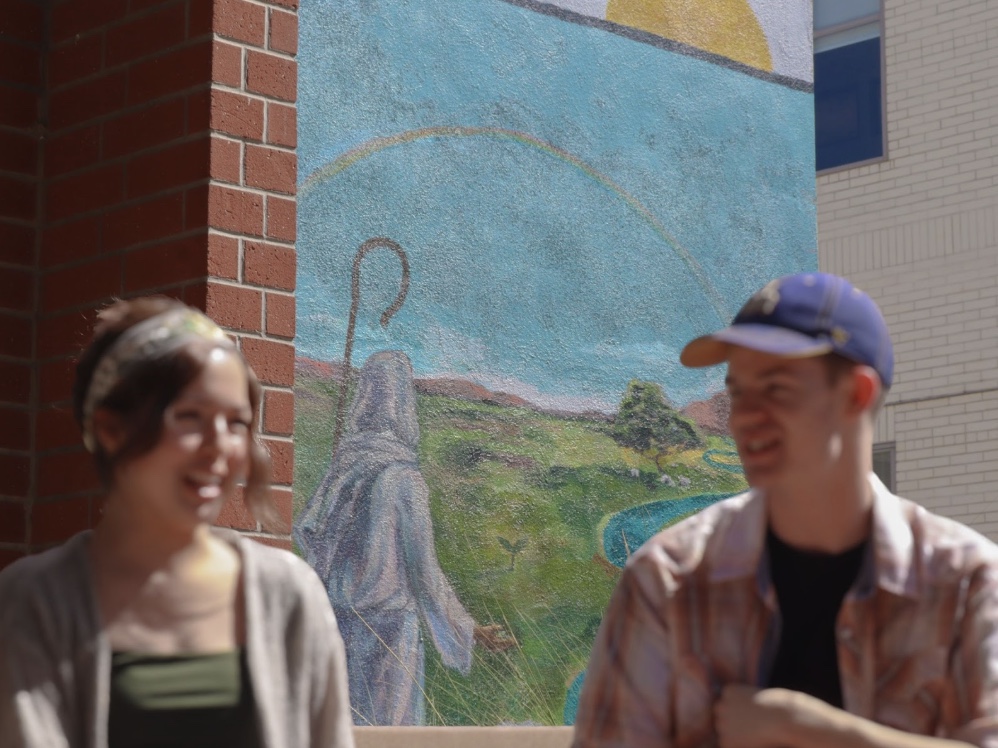The Division of Diversity and Inclusion hosted Martin Luther King Jr. Day 2021 to commemorate Dr. Martin Luther King Jr.’s life and work via Zoom sessions. This year’s theme, “Why We Can’t Wait,” is based on King’s book and Hebrews 10:23-25.
AUDIENCE
In prior years, students, staff, faculty and administration have been the primary target audience for these events. This year, they also focused on intentionally reaching out to Biola alumni to attend a session specifically designed for them.
In order to reach students who otherwise would not attend the live student session, Biola has dedicated the Instead #2 chapel to echo this same theme.
The coordinator of the live sessions and speaker for this chapel is Biola’s director of intercultural education and research, Walter Augustine.
HOPEFUL OUTCOMES
Augustine described three outcomes he hopes those in attendance will gain.
First, he hopes the audience will learn more about who King was and what he stood for. Although most people know him as a civil rights activist, he was also a pastor, preacher and theologian engaged in the Christian life.
The second hope is to show that racial reconciliation is an ecclesiological issue, therefore members of the church should feel an urgency to respond in a Christ-like manner.
Finally, the last outcome would be to provide the community with the tool of cultural humility, rooted in scripture, and show them how to use it.
MLK’S GOAL(S)
King’s end goal, highlighted by Augustine, was threefold: redemption, reconciliation and the creation of the beloved community.
According to Augustine, when King refers to the beloved community, he is not referring to the kingdom of God. King was aware of the reality of sin in the world, therefore acknowledged that a utopia was not the goal.
Even though there were always going to disagreements and arguments, these could be solved through means of nonviolence by the beloved community.
“[MLK] viewed that [the beloved community] as a brotherhood and sisterhood of human beings from all backgrounds, all races, ethnicities, socioeconomic backgrounds, living together, working together,” Augustine said. “Finding nonviolent ways to resolve their differences and being able to interact together in harmony.”
CHAPEL
The audience of the book of Hebrews were Hellenistic Jews that turned Christian and were living through a time of social upheaval, according to Augustine. The writer of Hebrews wanted to encourage them to lean into those moments by following the way of Christ rather than conforming to the status quo or reverting back to their old ways.
In MLK’s “Why We Can’t Wait” book, he challenges the readers to seek a different response in their approach to the civil rights movement by following a Christian path of loving, nonviolent direct action.
Verses 24 and 25 call the audience to provoke one another and to practice love and good deeds. Augustine says this can only happen if Christians draw closer to one another and encourage one another, instead of pulling away from each other.
To conclude, Augustine ended the session by asking Biola what their response will be. Whatever their response is, it carries eternal weight.
“Our decision has eternal consequences,” Augustine said. “We can’t afford to wait because eternity is at stake.”



